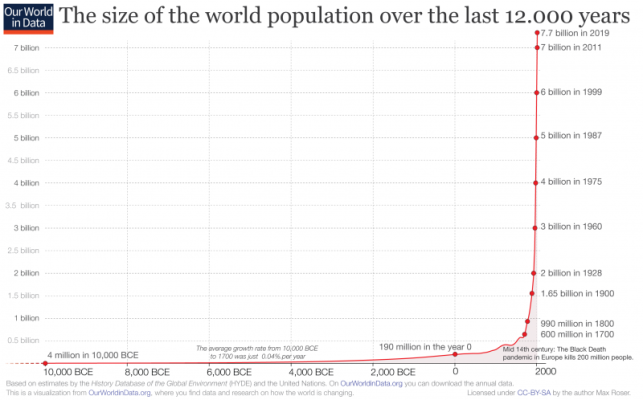You’re making many assumptions about a person you don’t know. I’m old enough to have experienced many paradigm shifts in my field of both bench(pure) science and applied science. You’re also not defining what you perceive as “scientific reports “.
I’m curious. Have you read the IPCC? Please do. That would help you see how that science has evolved overtime.
BTW my politics are devoid of political party affiliation. My first requirement is having a moral, honest, pragmatic and intelligent individual. Unfortunately that’s so hard to find in either party at present. So try for the good not the ideal. Historically that’s resulted in about equal red and blue votes and multiple third party votes as well. Remain optimistic the Hegelian dialectic will continue to evolve so we will get better.
But my science is devoid of political considerations.
Yes, I have read the IPCC report.
There were assumptions and predictions made early on that have already shown themselves to not have come to pass. The changes to the report over time show this. This very fact could lead one to suspect some of the remaining models, claims and assumptions, no?
I don't disagree with the general consensus that there is climate change and humans are contributing to
SOME of the change. What I disagree with is the (implied) "Directive" that we must immediately hurt people to stave off the destruction of our entire existence.
Add to that that the IPCC
IS governmental and therefore politics are necessarily involved. Climate scientists, like all humans in an agenda-driven (even if 'scientific') body, can be biased. There have also been claims of corruption.
I don't disagree with the general consensus that there
IS climate change and humans are contributing to
SOME of the change. To what extent that contribution has occurred is not "settled science" in my opinion due to flawed assumptions, inaccurate predictions (already proven), politics. Many other scientists and scholars are calling out these problems (likely distorted, though, right?).
Yes, we should be doing all we can to reduce CO2 emissions - no one (I don't think) is arguing that. Killing jobs and destroying peoples lives in the name of "saving the planet" is, however, ludicrous at this point, given the extent of what we know FOR SURE (not assumptions, not model predictions). "
We have X years left to avoid a crisis! Oh, my!".
This is the same thing I said over 2 years ago:
https://www.trawlerforum.com/forums/showpost.php?p=815102&postcount=28
This whole area of "science", whether you like it or not, has become an "industry" and is somewhat self-supporting and self-fulfilling. This, with its own ecosystem, can't help but self-propagate a bias. Alarmists gaming the system for political power makes it all the worse.
It is … important that scientists must be ready for their pet theories to turn out to be wrong. Science as a whole certainly cannot allow its judgment about facts to be distorted by ideas of what ought to be true, or what one may hope to be true (Waddington, 1941).



